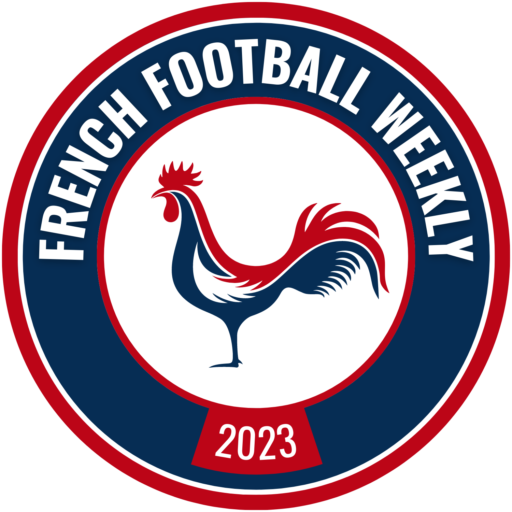We’ve all been there: a late night that turns into an early morning, leaving you feeling groggy and drained. As someone who has covered thrilling soccer matches into the early hours, I know firsthand how challenging it can be to power through the day when you’re running on empty. Luckily, there are some great strategies to keep your energy up, starting with what you eat and drink. Let’s dive into the best options to keep you going after a sleepless night.
Water: Your Best Friend
First things first, hydration is key. Just like a soccer player needs to stay hydrated on the field, you need to keep your water levels up to function well. Dehydration can lead to overeating, mood swings, and headaches, all of which can make your day even harder. Drinking plenty of water helps keep your brain, skin, and heart in good shape. Personally, I always carry a water bottle with me, especially on days when I know I’m not running at full capacity.
Coffee and Tea: A Little Boost
While water should be your primary drink, there’s nothing wrong with reaching for a cup of coffee or tea to give you that much-needed boost. Caffeine can improve your focus and alertness, which is crucial when you’re sleep-deprived. Studies show that caffeine can help maintain attention, something I’ve found essential when writing match reports after a sleepless night. Plus, the compounds in coffee and tea can benefit your heart and brain health. Whether it’s a strong espresso in the morning or a calming herbal tea at night, these drinks can help you get through the day.
Nuts and Seeds: Sustained Energy
When the afternoon slump hits, I reach for a handful of nuts and seeds. Packed with healthy fats, protein, and fiber, they keep me feeling full and energized. Walnuts, chia seeds, and flaxseeds are particularly great because they’re rich in omega-3 fatty acids, which can help regulate sleep. It’s like having a strategic play in your diet to help counter the effects of a bad night’s sleep.
Fiber-Rich Foods: Steady as She Goes
Fiber is another crucial component of your diet, especially when you’re sleep-deprived. It helps keep your blood sugar levels steady, preventing those energy crashes that can make you feel even more tired. Fruits, vegetables, whole grains, and legumes are excellent sources of fiber. A fiber-rich diet not only helps you feel more energetic but can also improve your sleep quality in the long run.
Eggs: Power-Packed Protein
Eggs are a fantastic food to keep you energized. They’re packed with protein, which helps stabilize blood sugar levels. On particularly rough mornings, I love whipping up a quick omelet or some scrambled eggs. They’re also rich in vitamin B12, which is vital for energy metabolism. Combining eggs with whole-grain toast and some fruit can provide a balanced meal that helps keep fatigue at bay.
Calcium-Rich Foods: Sleep-Boosting Nutrients
Foods high in calcium, like dairy products, soybeans, and leafy greens, are essential when you need an energy boost. Calcium helps your body produce serotonin and melatonin, chemicals that are crucial for good sleep. I often add some yogurt or a handful of leafy greens to my meals to ensure I’m getting enough calcium.
Coenzyme Q10-Rich Foods: Fighting Fatigue
If you’re feeling particularly drained, foods rich in coenzyme Q10 can be a lifesaver. This nutrient helps reduce fatigue and is found in foods like meat, fatty fish, and broccoli. Including these in your diet can help improve your energy levels, making it easier to tackle the day’s challenges.
The Bottom Line
While nothing can replace a good night’s sleep, the right foods and drinks can help you manage the day after a sleepless night. Staying hydrated, enjoying some coffee or tea, and eating nutrient-rich foods like nuts, seeds, eggs, and leafy greens can make a significant difference. Next time you find yourself struggling after a late-night game or an exciting match that kept you up, remember these tips to keep your energy and focus on point.

